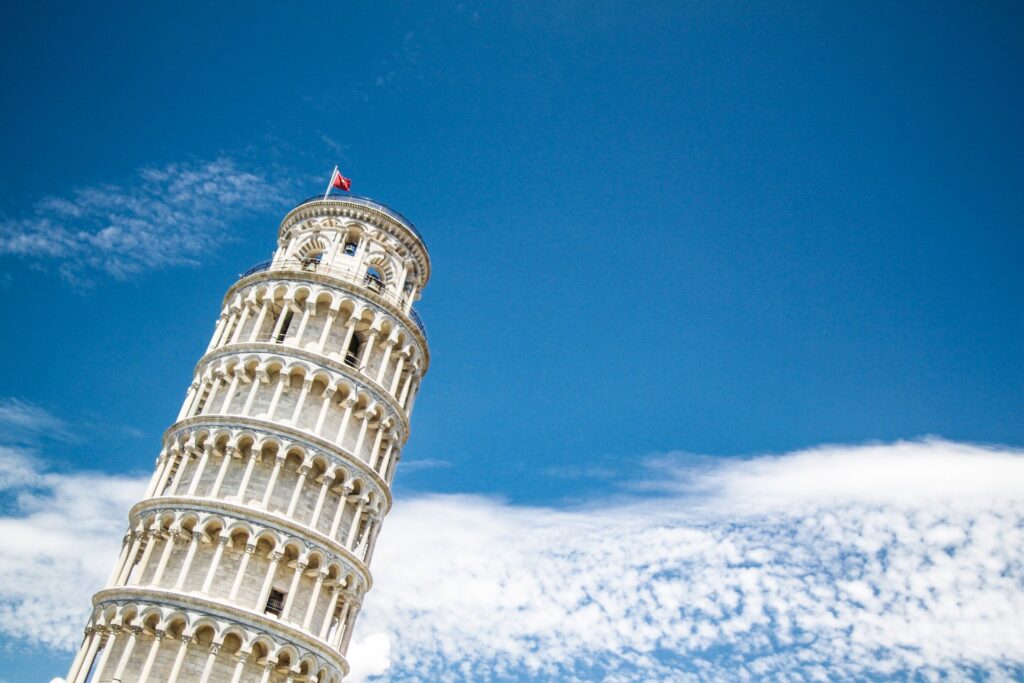Study in Italy

Summary:
Italy is among the world’s most sought-after study abroad destinations, renowned for the stellar reputation of its educational institutions. Counted among the eight most industrialized countries globally, Italy boasts a strong manufacturing industry and a robust network of scientific parks, providing ample opportunities for cutting-edge research and employment across various sectors. Its world heritage sites, diverse landscapes, amiable people, fashion, and delectable cuisine make Italy truly irresistible for international students.
Why study in Italy
Italy is home to one of the oldest universities in the Western world, the University of Bologna. Fifteen Italian universities are featured in the list of the top 200 universities globally. Courses are designed in collaboration with companies, enhancing students’ employability. English is the primary medium of instruction, while Italian language and intensive Italian programs are available at all proficiency levels. Deserving students can benefit from scholarships, fee waivers, free housing, and meal tickets at the refectory. IELTS/TOEFL scores are not required.
Italy ranks among the eight most industrialized countries worldwide, with a 6-month stay-back option and opportunities for students to work 20 hours per week. It is home to numerous industries, including shipbuilding, commercial aircraft, electrical goods, textiles, offering excellent job prospects. Italians are known for their warmth and cooperativeness. The extensive transport network of trains and buses provides endless opportunities for exploration. Italy has a reputation for its rich Mediterranean diet, which surprisingly promotes good health. Milan, Italy, is known as the world capital of fashion.
The Italian Higher Education System:
The Italian higher education system consists of two main articulations: the university sector and the non-university sector.
University Sector:
- Comprises 89 university institutions, including:
- 2 Universities for foreigners.
- 6 Higher schools specialized in postgraduate university studies.
- 6 Telematic universities.
Non-University Sector:
- Includes 4 education typologies with their institutions:
- Higher schools of design: polytechnics for the arts, academies of fine arts, higher institutes for applied arts, music conservatories and recognized music institutes, higher institutes for musical and choreographic studies, national academies, etc.
Cost of Education:
Approximately 3300 Euros per year, with fees varying depending on the university and course of study. For specialized degree and doctoral courses, the fees may be higher.
Intake:
The academic year comprises two semesters. The first semester starts in September/October and ends in January/February. The second semester starts in February and ends in July. Please note that intakes may vary from university to university.
WORK RIGHTS & STAY BACK
- Stay back of 6-12 months for masters/PhD and part time work rights of 20 hours per week

Partner Universities
